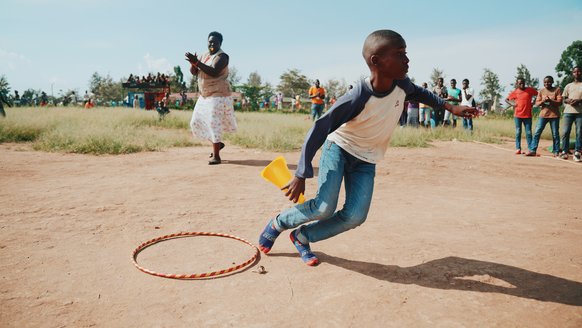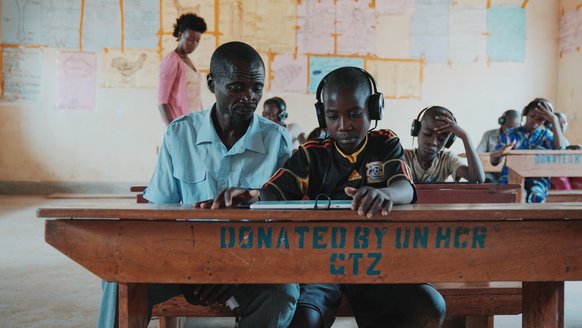Education and Wellbeing under Threat in the West Bank
Feb. 11, 2021
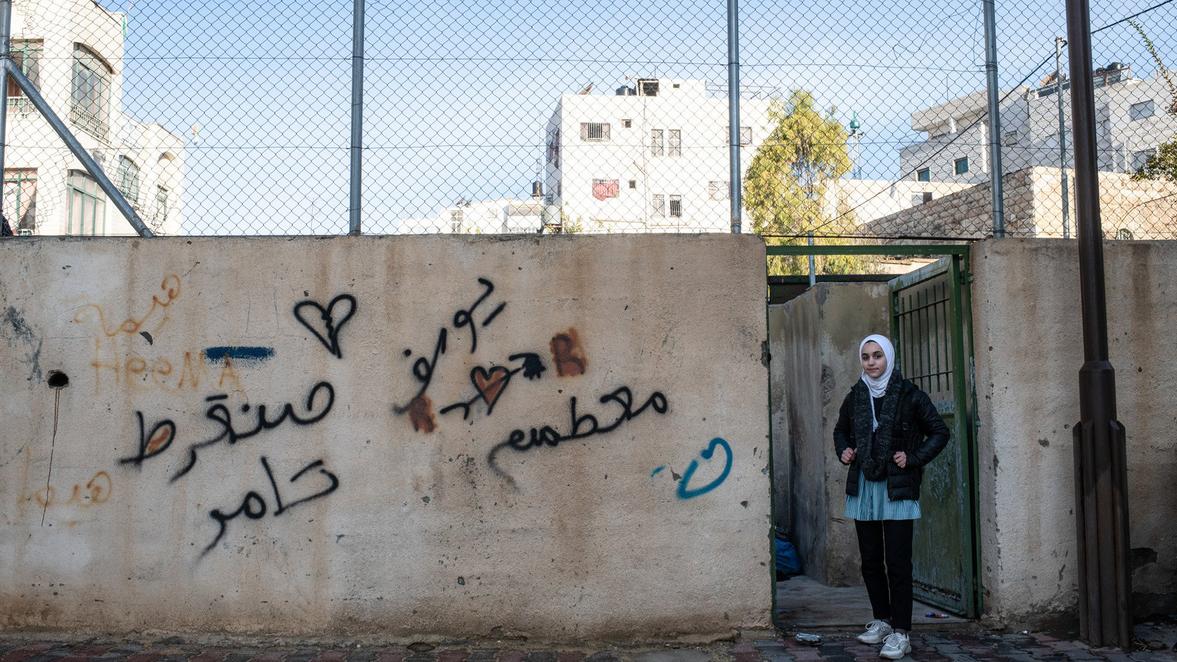
Access to education in the occupied Palestinian territory (oPt) is far from free and equitable. Many factors play a role here: some children live in remote areas, with no access to roads to go to school, and others are restricted to always being able to access their school because of a checkpoint. The impact of this disruption is now increased due to the COVID-19 pandemic.
In the West Bank education is compulsory for children until the age of 15. Yet, a network of military checkpoints impede the movement of all Palestinians - including children - meaning that otherwise short journeys can take hours and result in pupils missing classes or after-school activities.
The effects of these movement restrictions are felt on a daily basis by many children who call the West Bank home. Children like Amal - who walks us through her typical journey to school in this video.
Emotional burden
UN figures show that there are 21 checkpoints across the occupied Palestinian territory where children face delays and harassment on their way to and from school. And these movement restrictions take a heavy social and emotional toll. Research from UNICEF states that some 325,000 children in the West Bank are at significant risk of developing serious mental health issues - in particular an absence of any hope of an improved future.
Action to uphold the safety and wellbeing of these children is urgently needed. Which is why War Child has entered into partnership with World Vision to increase access to safe learning spaces for thousands of children across the West Bank through the SAFE project.
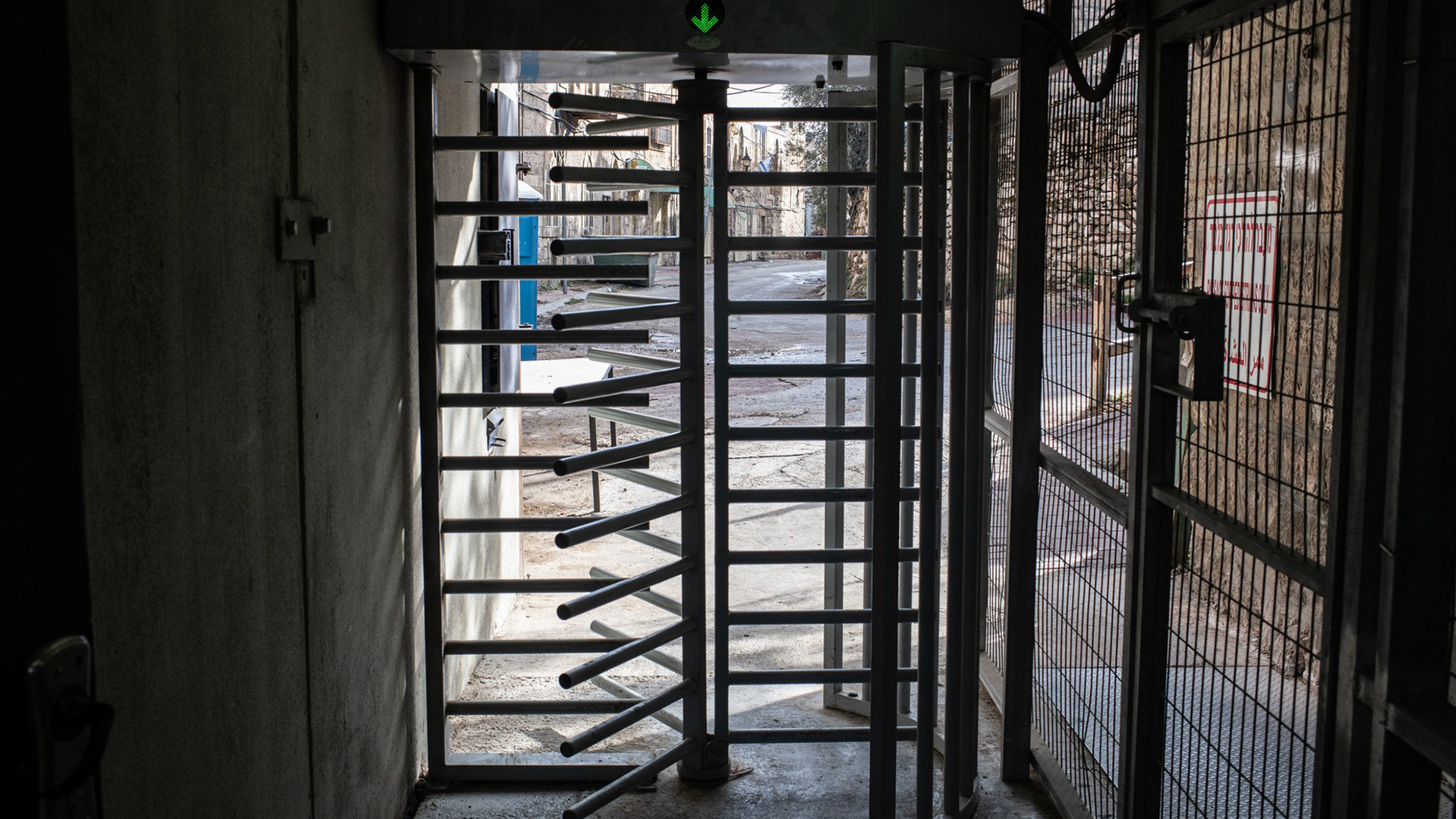
Photo: Tanya Habjouqa - NOOR
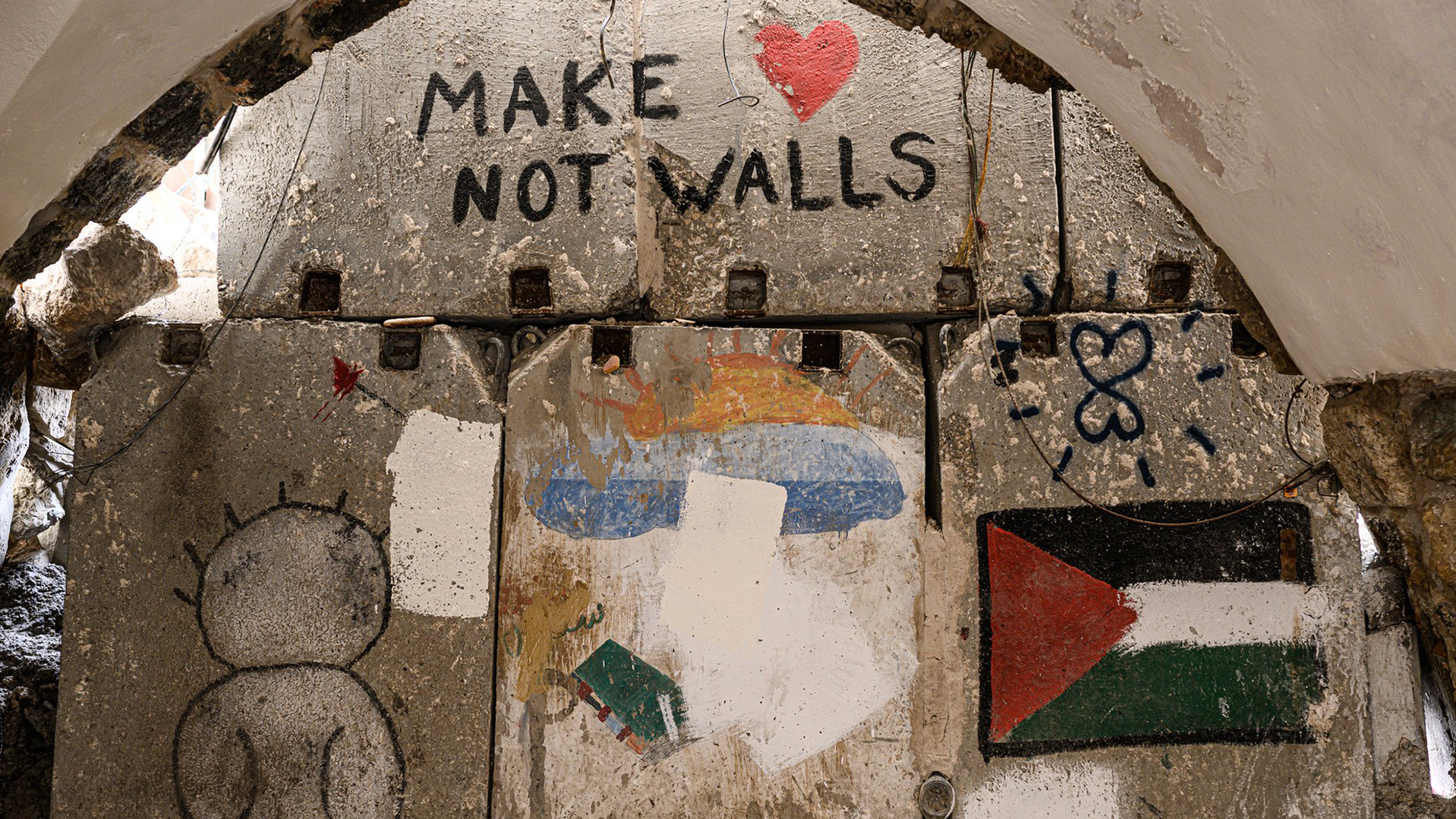
Photo: Larissa Koekkoek - War Child Holland
Safe learning
To address increasing protection concerns and a lack of safe learning spaces, World Vision and War Child have launched an EU-funded project to increase safe access to schools and psycho-social support for children in the West Bank. This 18-month long project entitled ‘SAFE’ will be implemented in educational facilities in Area C and Hebron H2 in cooperation with the Palestinian Ministry of Education (MoE). The project is designed to help address these threats. Because every child has the right to learn free from fear and trauma.
The project will see teachers and counsellors trained to provide social and emotional support to children experiencing stress - and refer children to specialist support services. Physical school infrastructure will be also refurbished, including improvements to water, sanitation and hygiene facilities to help limit the spread of the COVID-19 virus.
The two organisations will work in close cooperation with caregivers, communities and national education authorities to uphold the structures that serve to keep children safe - and ensure that the project’s impact can be felt in the long term.
About EU Civil Protection and Humanitarian Aid:
The European Union and its Member States are the world's leading donor of humanitarian aid. Relief assistance is an expression of European solidarity with people in need all around the world. It aims to save lives, prevent and alleviate human suffering, and safeguard the integrity and human dignity of populations affected by natural disasters and man-made crises.
Through its Civil Protection and Humanitarian Aid Operations department, the European Union helps millions of victims of conflict and disasters every year. With headquarters in Brussels and a global network of field offices, the EU provides assistance to the most vulnerable people on the basis of humanitarian needs.
This article covers humanitarian aid activities implemented with the financial assistance of the European Union. The views expressed herein should not be taken, in any way, to reflect the official opinion of the European Union, and the European Commission is not responsible for any use that may be made of the information it contains.
